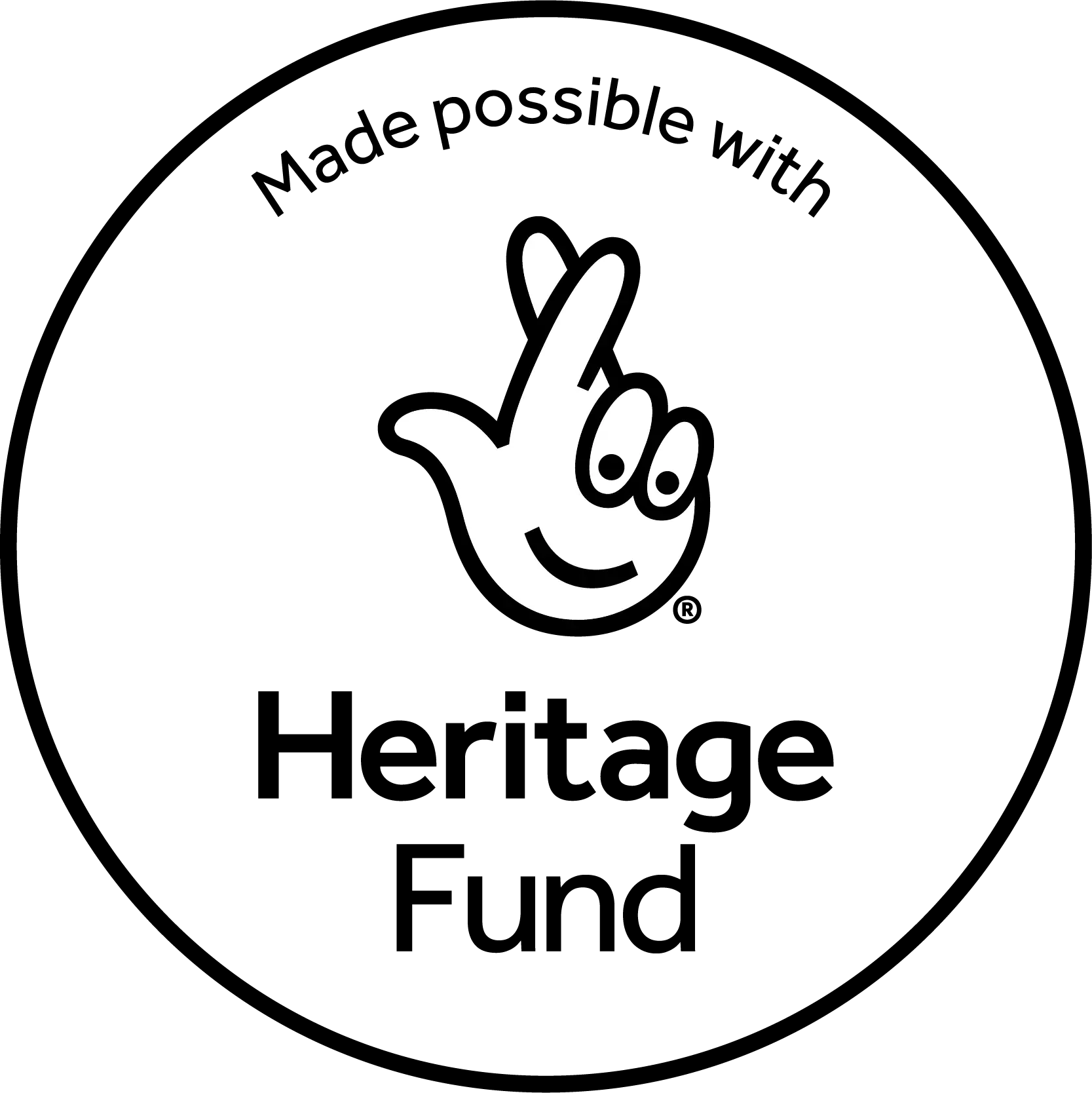Our Story
The Anti-Tribalism Movement
Founded in 2010, the Anti-Tribalism Movement (ATM) is a non-profit organisation committed to combating tribal discrimination and promoting a fairer and more equitable society, by fostering tolerance, developing leadership, and advancing social justice.
Since our inception, we have become a well-established organisation with a reputation for being fair, visionary, and trustworthy. Our credibility as an organisation reaches across the wider BAME community (particularly those with Horn of African origin), grassroots minority organisations, donors, and policymakers. We are often the first port of call for advice and consultation as a field leader in advocating for change to improve the conditions of BAME communities in the UK.
Over the years, we have invested heavily in building strong networks of organisations working to reduce social inequality in the UK, with whom we regularly partner and collaborate with on projects and advocacy work. Our strategic position among these networks allows us to participate in initiatives quickly, as well as collecting and sharing vital information with the community. It is also important to us that we build consensus through advocacy strategies around common challenges.
Since founding the Anti Tribalism Movement, we have gathered a collection of artefacts the community have donated to us, in the hopes that we preserve and share Somali heritage. The growing collection of these artefacts is what inspired the initial idea for a cultural centre to showcase these objects.
Formation of Culture House
Somali heritage conservation has become an urgent need since the COVID pandemic, as the community lost many older members, along with their experiences, stories and heritage.
There is regret that the rich cultural memories of those who died and the heritage they carried with them are lost. The unfortunate historic absence of Somali heritage preservation has meant artefacts kept in suitcases and in storage at many Somali homes, may end up decaying and disappearing unless urgently collected and preserved.
The Anti Tribalism Movement formed Culture House to meet the community’s need to hear Somali stories and see Somali artefacts in the setting of a Somali led cultural institution. Culture House illuminates the complex experiences and evolving identities of the British Somali community. Culture House will present narratives of origin, displacement, migration, and new belongings through exploring the deep cultural significance embedded in British-Somali heritage assets. We aim to help the wider public to access a culture that is often misunderstood or stereotyped, and to reconnect British Somalis with symbols of their cultural identity.
The community’s stories are still known only to ‘insiders’, but there is a growing need to share more widely, to be better understood, and to become a part of the fabric of national heritage.
Through the development of Culture House, ATM staff have undertaken a variety of training and workshops to understand the exact needs of the community and the skills needed to undertake this work. From artefact conservation, sitting in on workshops and tours, to oral history recording training, our dedicated staff have obtained the necessary skills and are passionate about the successful running of the project.
Culture House has had the opportunity to reach the community through community engagement days to have conversations about the development of the space from the community that will be using it the most. Every part of Culture House has been shaped by the voices and opinions of British Somalis and the wider society.
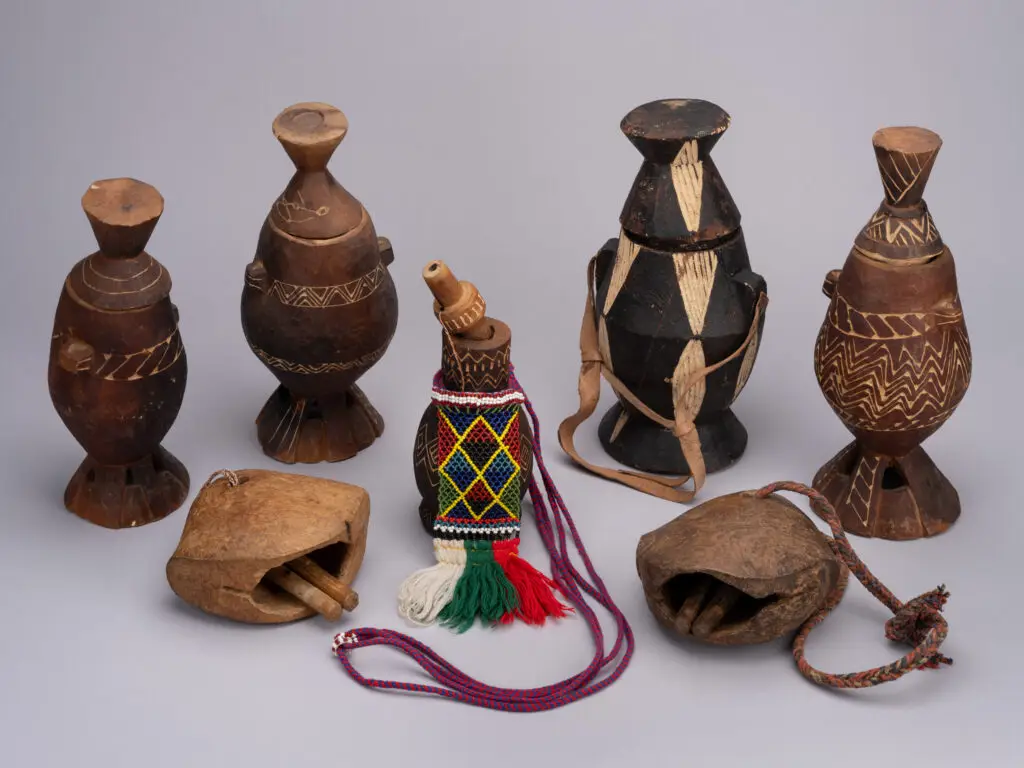
The 5 key Components of Culture House are:
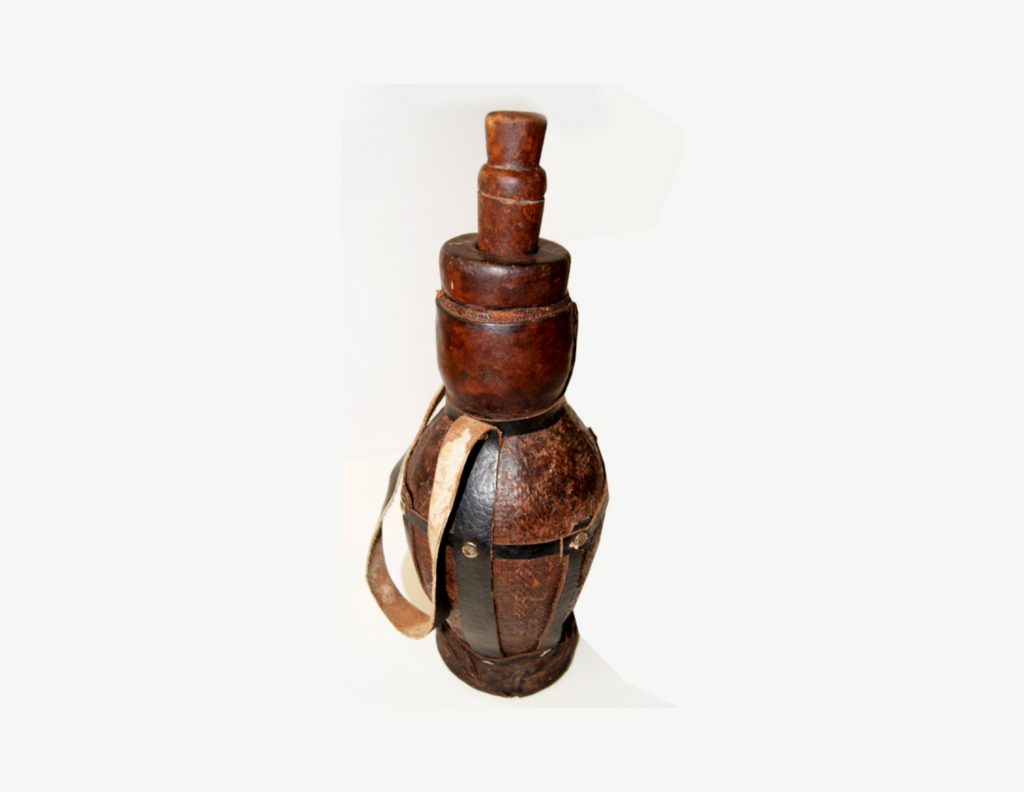
The showcase of our collected heritage items, this includes the collection of oral histories and exhibitions at Culture House.
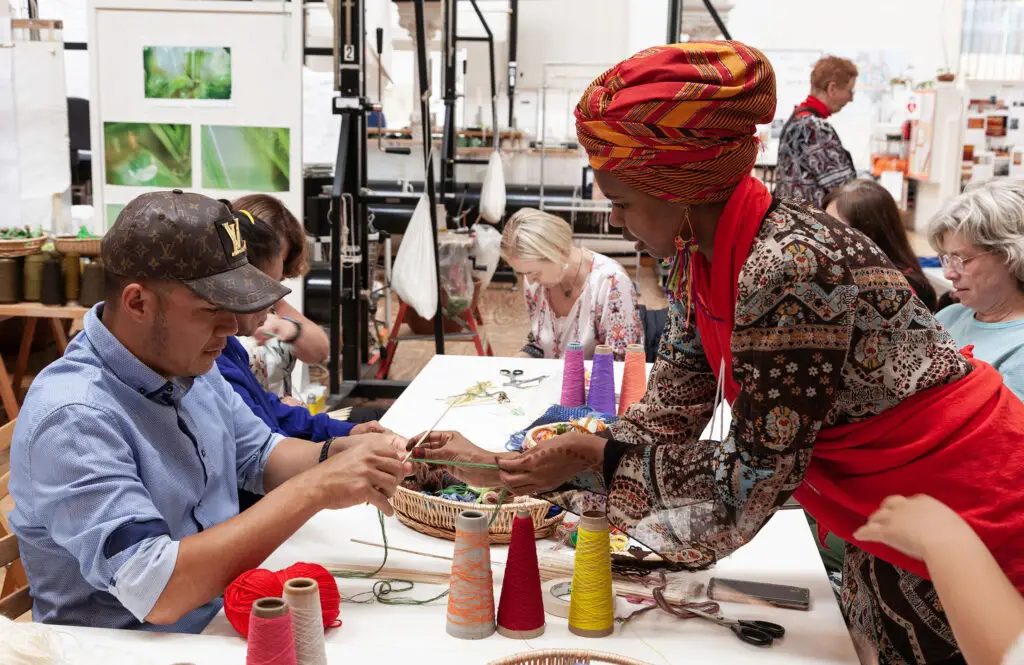
Resources available to the public, in the form of books, leaflets, stamps, maps of Somalia through history, posters and audio-visual materials.
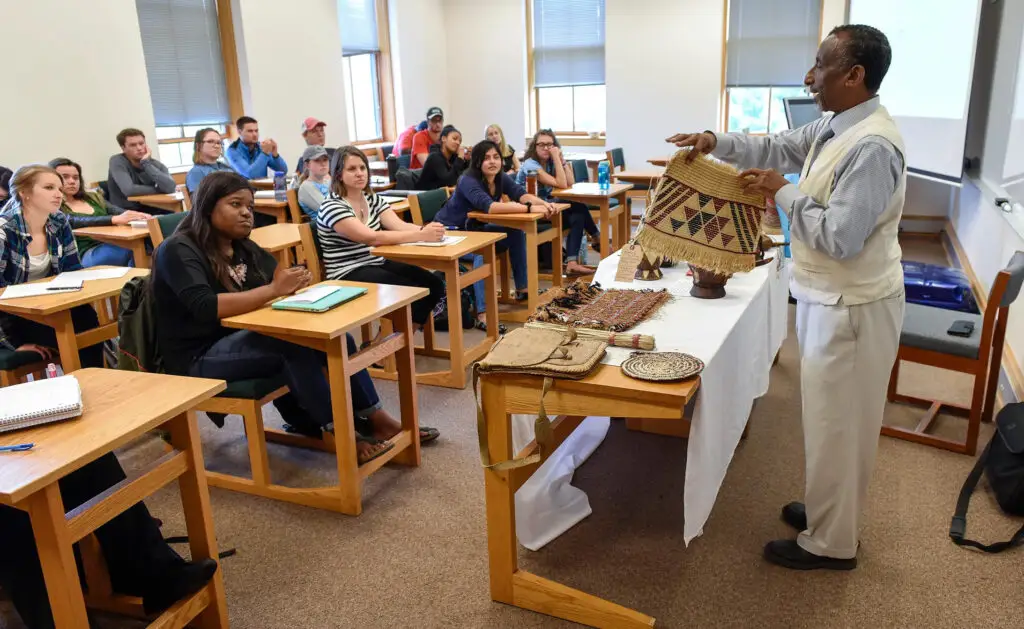
A space that offers heritage lectures/ demonstrations, workshops, readings (poetry/ prose), oral history presentations.

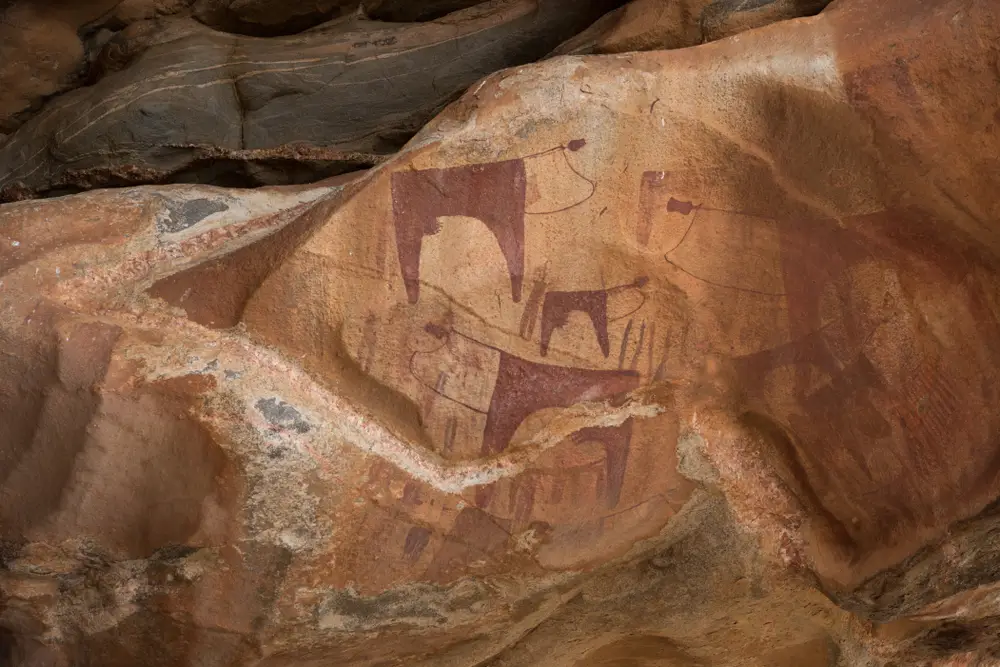
All our heritage items will be digitised and put online, presented in an accessible and interactive manner. They will be carefully catalogued with tags that facilitate searches.
